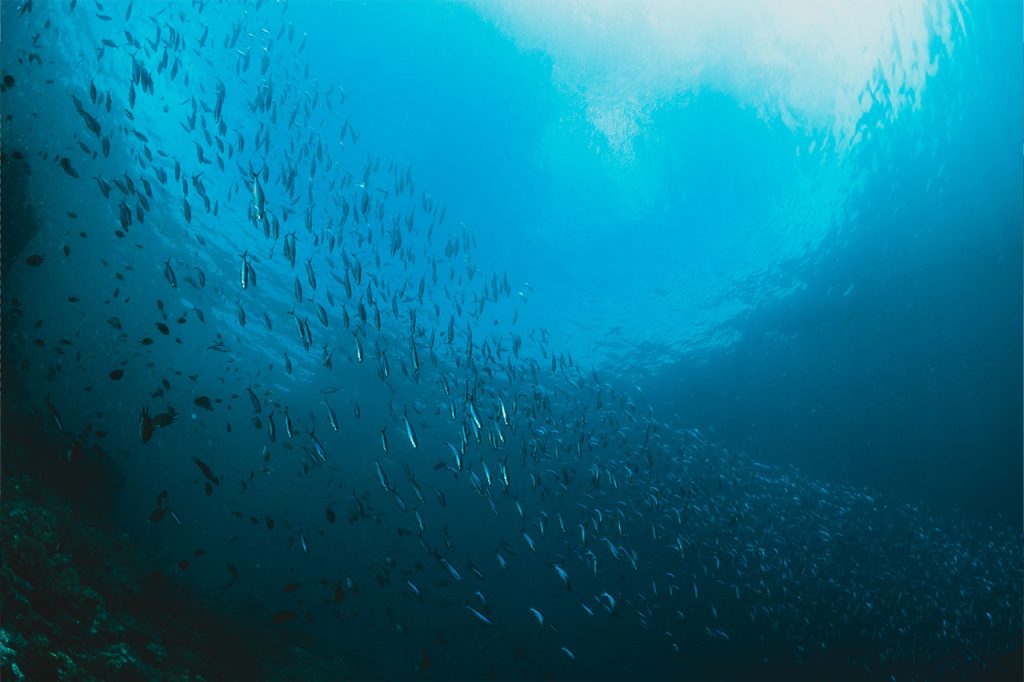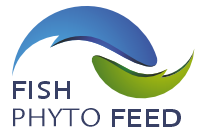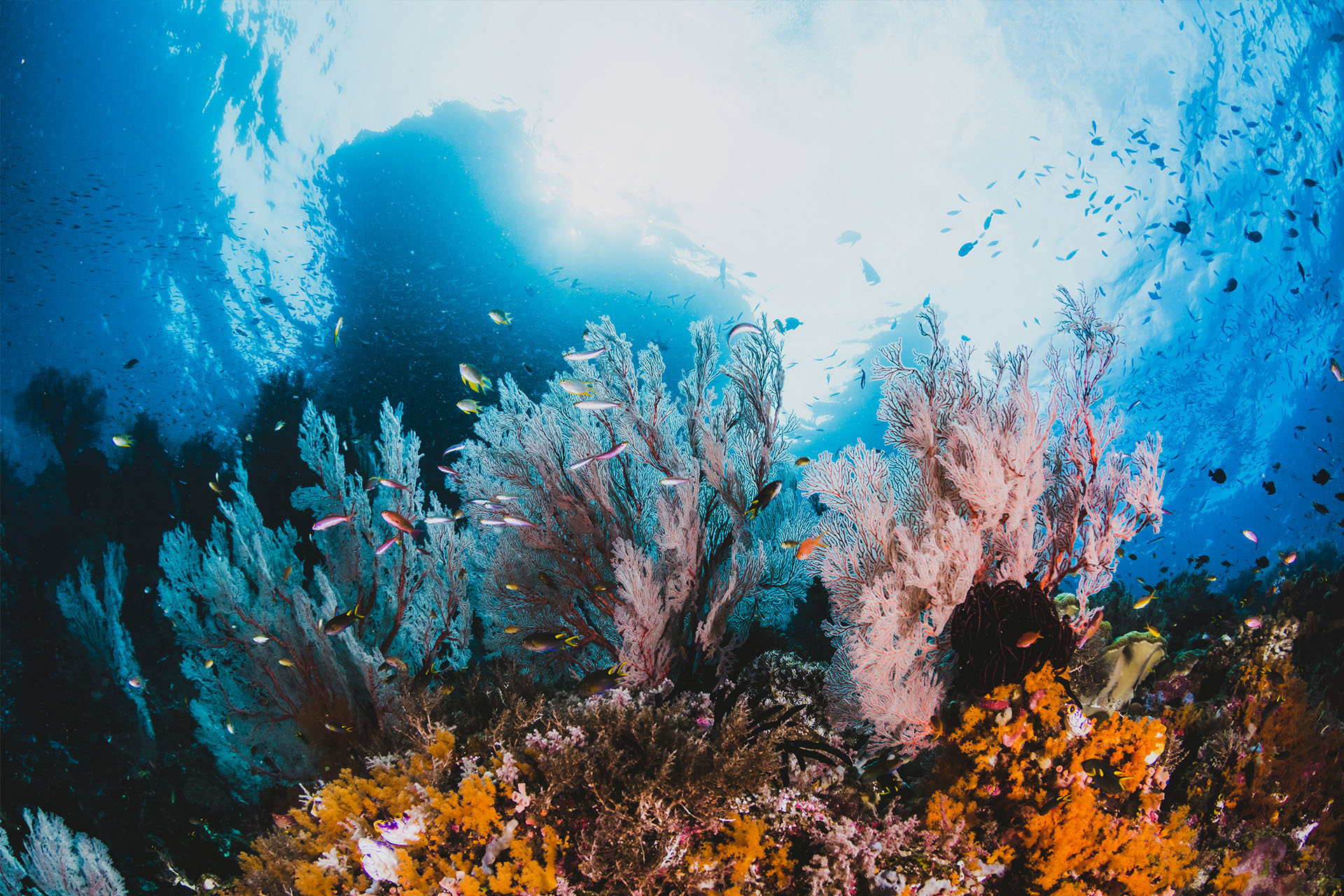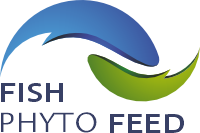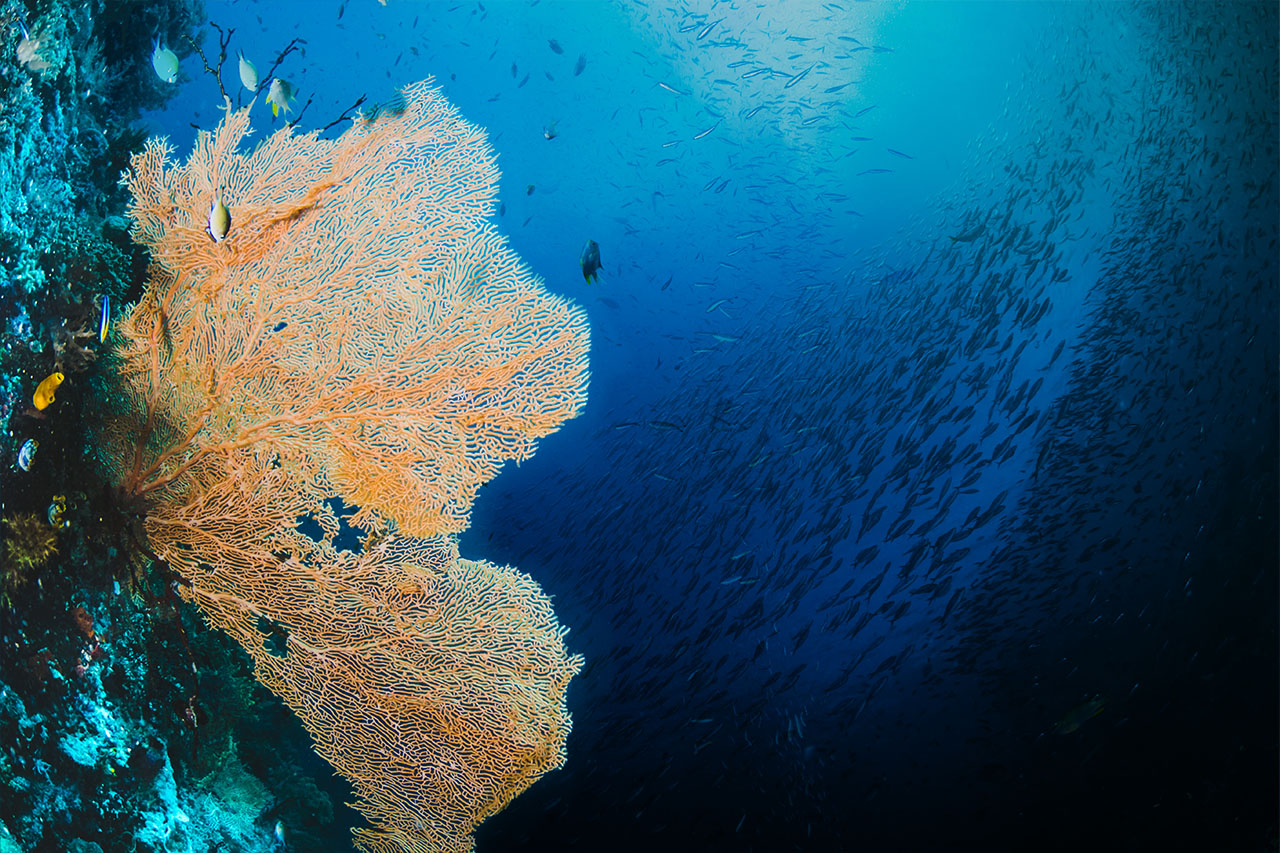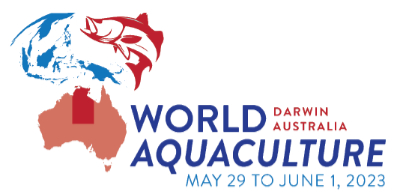FishPhytoFeed
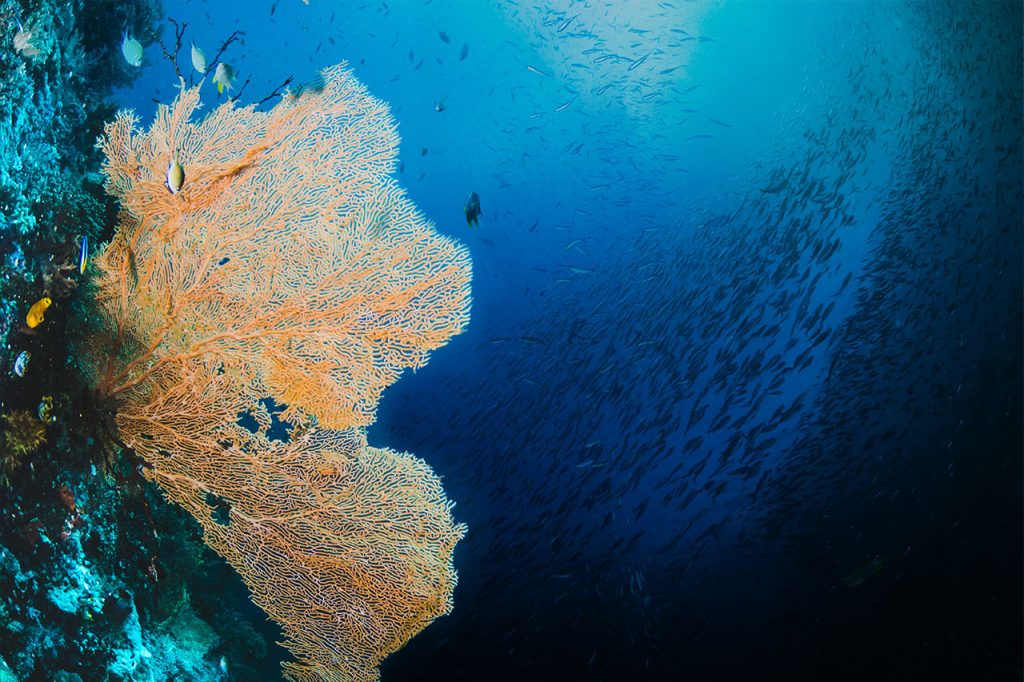
Fish farming is based on the synthesis of artificial diets, with a high protein content (40- 60%), which provide the energy and nutrients for the growth of the fish, after they pass through the digestion process and their components become bioavailable. Ultimately, farming practices lead to the synthesis and deposition of proteins in the white muscle (fillet) which is the final product of fish farming. The increasing replacement of fishmeal by alternative vegetable raw materials has brought about new problems in the quality of fish feed related to the presence of anti-nutritional factors and phyto-estrogens, as well as the reduced digestibility and bioavailability of nutrients. Thus, their use as alternative raw materials in fish feed also necessitates the existence of methods to control their quality.
The increasing replacement of fishmeal by alternative plant raw materials has brought about new problems in the quality of fish feed related to the presence of anti-nutritional factors and phyto-estrogens, as well as the reduced digestibility and bioavailability of nutrients. Thus, their use as alternative raw materials in fish feed also necessitates the existence of methods to control their quality.
